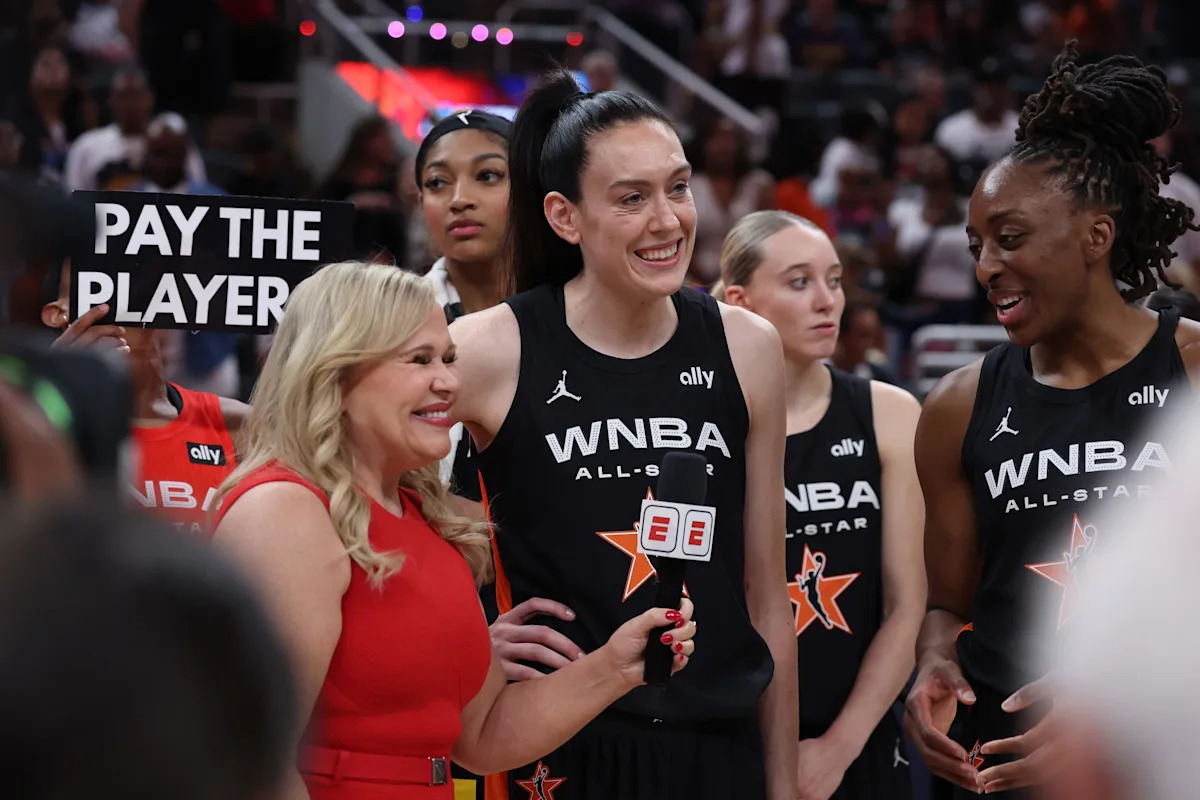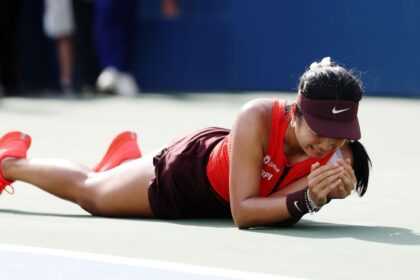Indianapolis – WNBA players are clearly seeking better compensation and contract terms, as highlighted during the recent All-Star weekend amid ongoing negotiations. Players demand higher salaries and improved revenue sharing, having seen minimal benefits from the league’s expansion fees, media rights, and sponsor investments.
But contract talks are just one piece of the puzzle. Here are four other critical issues the WNBA must tackle to keep progressing.
Officiating
Debates over refereeing are a constant in the sport, much like uniforms and scoreboards, and in this case, critics have valid concerns. The WNBA remains a physically intense league, yet too many games have slipped out of control due to officials not keeping pace with the players’ speed and strength, resulting in missed or incorrect calls. Moreover, the review process is slow and disruptive—unlike the NBA’s replay center, the current system drags out calls and interrupts game flow.
Las Vegas Aces center A’ja Wilson expressed the need for officiating to evolve alongside the game, citing how NBA officials adapted to new playing styles like James Harden’s step-back move. WNBA Commissioner Kathy Engelbert acknowledged complaints but emphasized the league’s ongoing commitment to improve referee training and overall officiating quality.
Scheduling
Minnesota Lynx faced a grueling schedule before the All-Star break, with 11 games squeezed between June 24 and July 16, including 5 games within 8 days, several consecutive back-to-backs, and multiple noon games clustered together. Coach Cheryl Reeve called the schedule “illogical” and frustrating. Other teams face similar tough stretches, such as the Golden State Valkyries and New York Liberty, underscoring widespread scheduling challenges. Engelbert admitted that scheduling is like solving a Rubik’s Cube, constrained by competition with college football, NBA, and other sports.
The league needs to prioritize its players’ well-being and own growth rather than bending around other sports’ calendars.
Roster Size
Constructing a WNBA team often feels like a brutal contest due to limited roster spots. Despite adding a new team, only 156 spots exist league-wide, many teams holding just 11 players due to salary caps. This reality means talented recent draftees like Madison Scott, Chan Ansellers, and Daraya Daniels are already out of the league shortly after being selected. Thin rosters also hurt teams, as the Dallas Wings faced a tough start with only eight players available.
Increasing roster spots, either through expansion or roster additions, remains a priority for Engelbert.
Transparency
Although not part of the current contract talks, transparency is essential. The lack of clarity around fines and officiating decisions frustrates fans and undermines trust. Major male leagues like the NBA and NFL openly share information about officiating calls and disciplinary actions, which fosters fan confidence.
The WNBA could greatly benefit from adopting similar transparent policies, especially given the strong reactions to player pay demands during All-Star weekend.
Fan Take: This discussion underscores critical growing pains for the WNBA as it fights for fair player treatment and professional standards. Addressing these issues is vital—not just for the athletes but for fans who want to see the league mature into a model of respect, fairness, and competitive excellence. The future of women’s professional basketball depends on it.



